De: R$ 0,00Por: R$ 138,20ou X de
De: R$ 0,00Por: R$ 138,20ou X de
| Origem | Literatura Estrangeira |
|---|---|
| Quantidade de Páginas | 140 |
| Acabamento | Capa Comum |
| Autores | Julia Davis |
| Idioma | Inglês |
| Edição | 0 |
| Selo | Crescent Moon Publishing |
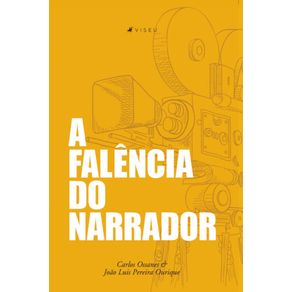 A falência do narrador ou quem está narrando a história?
A falência do narrador ou quem está narrando a história?
Editora Viseu
R$ 43,90 à vista Mastering Blockchain - Fourth Edition
Mastering Blockchain - Fourth Edition
Packt Publishing
R$ 442,66 ou até 3x sem juros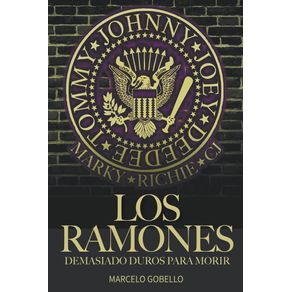 Los Ramones
Los Ramones
Draft2Digital
R$ 193,18 ou até 3x sem juros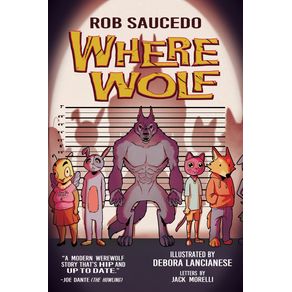 Where Wolf
Where Wolf
Encyclopocalypse Publications
R$ 182,58 ou até 3x sem juros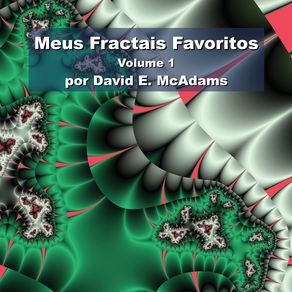 Meus Fractais Favoritos
Meus Fractais Favoritos
Life is a Story Problem LLC
R$ 167,50 ou até 3x sem juros The AI-Powered Product Manager
The AI-Powered Product Manager
Draft2Digital
R$ 162,98 ou até 3x sem juros The Confident Stylist
The Confident Stylist
Echo Books
R$ 168,01 ou até 3x sem juros Understanding Crypto Fundamentals
Understanding Crypto Fundamentals
Springer Nature B.V.
R$ 209,97 ou até 3x sem juros What Is ChatGPT Doing ... and Why Does It Work?
What Is ChatGPT Doing ... and Why Does It Work?
Wolfram Research, Inc.
R$ 105,01 ou até 2x sem juros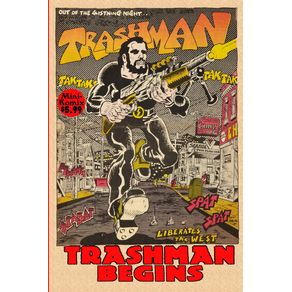 Trashman Begins
Trashman Begins
Lulu Press
R$ 65,51 à vista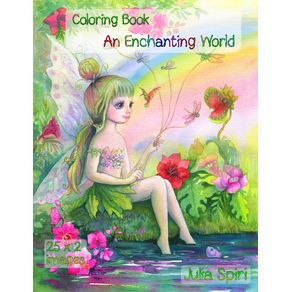 An Enchanting World
An Enchanting World
Julia Spiri
R$ 81,33 à vista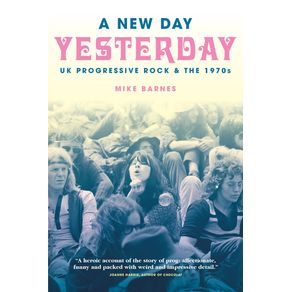 A New Day Yesterday
A New Day Yesterday
Music Sales Limited
R$ 212,68 ou até 3x sem juros Practical R 4
Practical R 4
Springer Nature B.V.
R$ 219,66 ou até 3x sem juros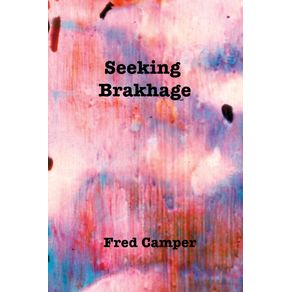 Seeking Brakhage
Seeking Brakhage
Fred Camper
R$ 185,63 ou até 3x sem juros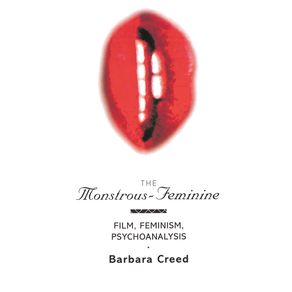 The Monstrous-Feminine
The Monstrous-Feminine
Taylor & Francis Ltd
R$ 474,57 ou até 3x sem juros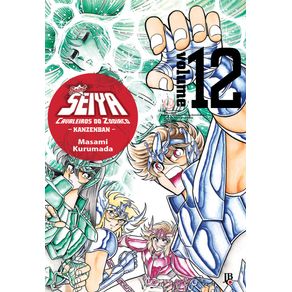 Cavaleiros do Zodíaco - Saint Seiya Kanzenban - Vol. 12
Cavaleiros do Zodíaco - Saint Seiya Kanzenban - Vol. 12
Editora JBC
R$ 64,90 R$ 51,92 à vista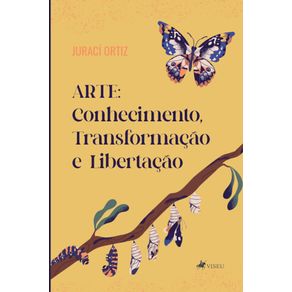 Arte: Conhecimento, Transformação e Libertação
Arte: Conhecimento, Transformação e Libertação
Editora Viseu
R$ 54,90 à vista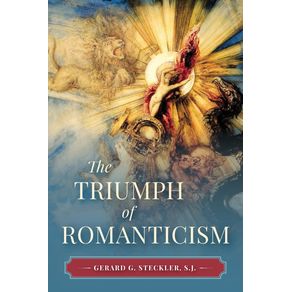 The Triumph of Romanticism
The Triumph of Romanticism
Os Justi Press
R$ 171,35 ou até 3x sem juros Los Ramones
Los Ramones
Draft2Digital
R$ 193,18 ou até 3x sem juros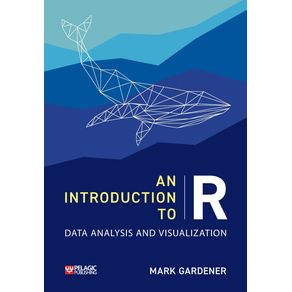 An Introduction to R
An Introduction to R
Pelagic Publishing Ltd
R$ 411,27 ou até 3x sem juros The AI-Powered Product Manager
The AI-Powered Product Manager
Draft2Digital
R$ 162,98 ou até 3x sem juros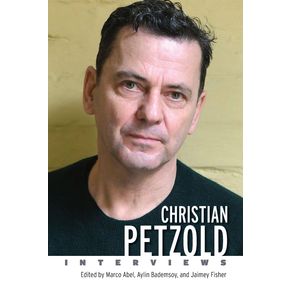 Christian Petzold
Christian Petzold
University Press of Mississippi
R$ 167,98 ou até 3x sem juros Smart Until Its Dumb
Smart Until Its Dumb
Applied Maths Ltd
R$ 117,01 ou até 2x sem juros Intelligent Automation with IBM Cloud Pak for Business Automation
Intelligent Automation with IBM Cloud Pak for Business Automation
Packt Publishing
R$ 341,88 ou até 3x sem juros Practical R 4
Practical R 4
Springer Nature B.V.
R$ 219,66 ou até 3x sem juros The DevOps Adoption Playbook
The DevOps Adoption Playbook
John Wiley & Sons
R$ 243,86 ou até 3x sem juros The Monstrous-Feminine
The Monstrous-Feminine
Taylor & Francis Ltd
R$ 474,57 ou até 3x sem juros Python for Finance Cookbook - Second Edition
Python for Finance Cookbook - Second Edition
Packt Publishing
R$ 438,63 ou até 3x sem juros Agile Model-Based Systems Engineering Cookbook - Second Edition
Agile Model-Based Systems Engineering Cookbook - Second Edition
Packt Publishing
R$ 555,52 ou até 3x sem juros Simple Type Theory
Simple Type Theory
Springer Nature B.V.
R$ 334,77 ou até 3x sem juros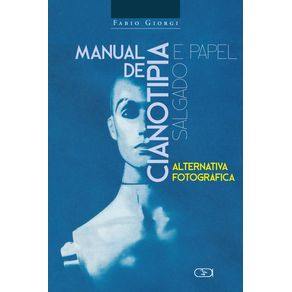 Manual de Cianotipia e Papel Salgado
Manual de Cianotipia e Papel Salgado
Ibis Libris
R$ 43,75 à vista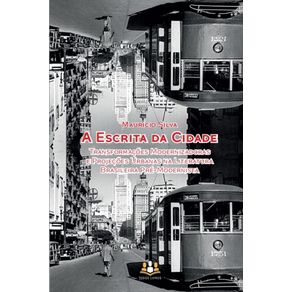 A Escrita da Cidade: Transformações modernizadoras e projeções urbanas na literatura brasileira pré-modernista
A Escrita da Cidade: Transformações modernizadoras e projeções urbanas na literatura brasileira pré-modernista
Todos Livros
R$ 49,90 à vista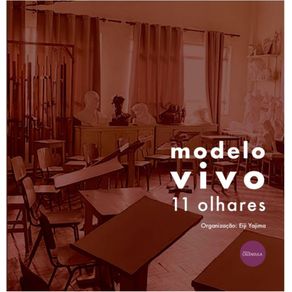 Modelo vivo: 11 olhares
Modelo vivo: 11 olhares
Calêndula
R$ 210,90 ou até 3x sem juros Arte: Conhecimento, Transformação e Libertação
Arte: Conhecimento, Transformação e Libertação
Editora Viseu
R$ 54,90 à vista Angular Design Patterns and Best Practices
Angular Design Patterns and Best Practices
Packt Publishing
R$ 323,97 ou até 3x sem juros Where Wolf
Where Wolf
Encyclopocalypse Publications
R$ 182,58 ou até 3x sem juros An Introduction to R
An Introduction to R
Pelagic Publishing Ltd
R$ 411,27 ou até 3x sem juros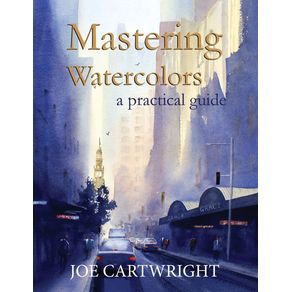 Mastering Watercolors
Mastering Watercolors
Joseph Cartwright
R$ 108,01 ou até 2x sem juros AutoCAD 2024
AutoCAD 2024
CADArtifex
R$ 265,10 ou até 3x sem juros Understanding Crypto Fundamentals
Understanding Crypto Fundamentals
Springer Nature B.V.
R$ 209,97 ou até 3x sem juros What Is ChatGPT Doing ... and Why Does It Work?
What Is ChatGPT Doing ... and Why Does It Work?
Wolfram Research, Inc.
R$ 105,01 ou até 2x sem juros Guided Practice Routines For Guitar - Foundation Level
Guided Practice Routines For Guitar - Foundation Level
Fundamental Changes Ltd.
R$ 143,52 ou até 2x sem juros Practical R 4
Practical R 4
Springer Nature B.V.
R$ 219,66 ou até 3x sem juros React Key Concepts
React Key Concepts
Packt Publishing
R$ 390,00 ou até 3x sem juros Python for Finance Cookbook - Second Edition
Python for Finance Cookbook - Second Edition
Packt Publishing
R$ 438,63 ou até 3x sem juros